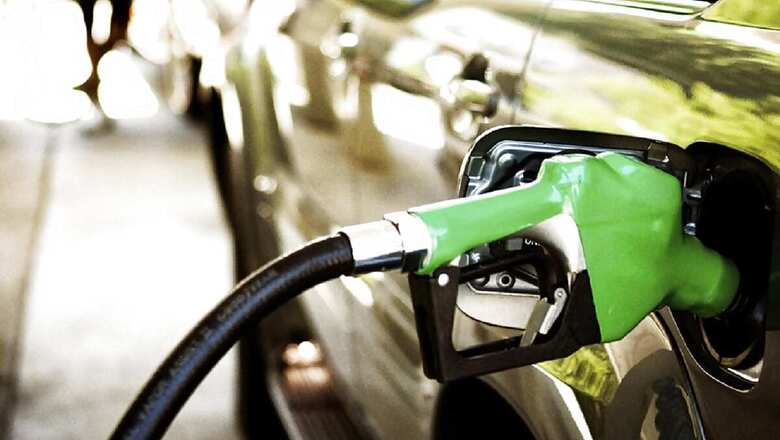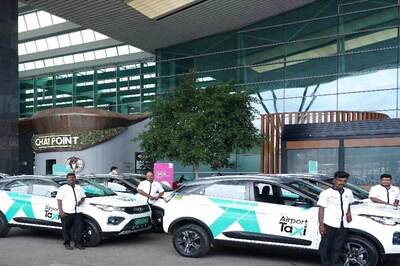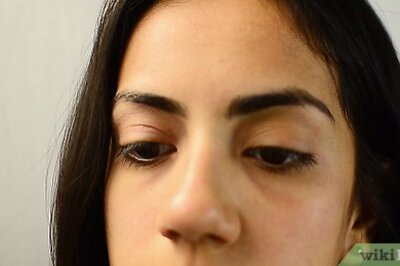
views
The government on Tuesday said any entity with a net worth of at least Rs 500 crore is eligible for obtaining the liberalised licence to sell petrol and diesel to retail and bulk consumers.
Clarifying on the November 2019 liberalised fuel licensing regime, the Ministry of Petroleum and Natural Gas said any entity with a net worth of Rs 250 crore can get a licence to retail petrol and diesel to either bulk or retail consumers.
For those seeking authorisation for both retail and bulk should have a minimum net worth of Rs 500 crore at the time of application, it said in a statement.
Last year, the government had relaxed norms for retailing of auto fuels, allowing non-oil companies to venture into the business a move that could help private and foreign firms to enter the world's fastest-growing market.
Prior to that, a company had to invest Rs 2,000 crore in either hydrocarbon exploration and production, refining, pipelines or liquefied natural gas (LNG) terminals to obtain a fuel retailing licence in India.
In the statement, the ministry said the government had on November 8, 2019, notified simplified guidelines for grant of authorisation for bulk and retail marketing of motor spirit (petrol) and high-speed diesel (diesel).
"The simplified guidelines aim at increasing private sector participation in the marketing of petrol and diesel," it said. "An entity desirous of seeking authorisation for either retail or bulk must have a minimum net worth of Rs 250 crore at the time of making an application Rs 500 crore in case of authorisation for both retail and bulk."
Applications, it said, may be submitted in the prescribed form directly to the ministry.
"For retail authorisation, the entity is required to set up at least 100 retail outlets," the statement said adding that the new policy has opened up the marketing sector of petroleum products by removing the strict conditions applicable earlier.
The other requirements as per the November 2019 notification include the need for companies to install facilities for marketing of at least one new generation alternative fuel, such as CNG, LNG and biofuels, or electric vehicle charging within three years of the start of operations.
The retailers will necessarily have to set up five per cent of the total outlets in rural areas within five years.
The new policy liberalises fuel retailing by increasing private sector participation, including foreign players. "It will also encourage dispensing of alternate fuels and augmentation of retail network in remote areas and ensure higher levels of customer service," the statement added.
The government had last set fuel marketing conditions in 2002 and the November 2019 change was based on the recommendation of a high-level expert committee.
The move will facilitate entry of global giants such as Total SA of France, Saudi Arabia's Aramco, BP Plc of the UK, and Trafigura's downstream arm Puma Energy.
Total in partnership with Adani Group had in November 2018 applied for a licence to retail petrol and diesel through 1,500 outlets. BP too has formed a partnership with Reliance Industries to set up petrol pumps.
While Puma Energy had applied for a retail licence, Aramco was in talks to enter the sector.
State-owned oil marketing companies Indian Oil Corp (IOC), Bharat Petroleum Corp Ltd (BPCL) and Hindustan Petroleum Corp Ltd (HPCL) currently own most of the 69,924 petrol pumps in the country.
Reliance Industries, Nayara Energy (formerly Essar Oil), and Royal Dutch Shell are the private players in the market but with limited presence. Reliance, which operates the world's largest oil refining complex, has 1,400 outlets.
Nayara has 5,756 pumps, while Shell has just 194.Currently, IOC is the market leader with 29,368 petrol pumps in the country, followed by HPCL with 16,707 outlets, and BPCL with 16,492 fuel stations.

















Comments
0 comment